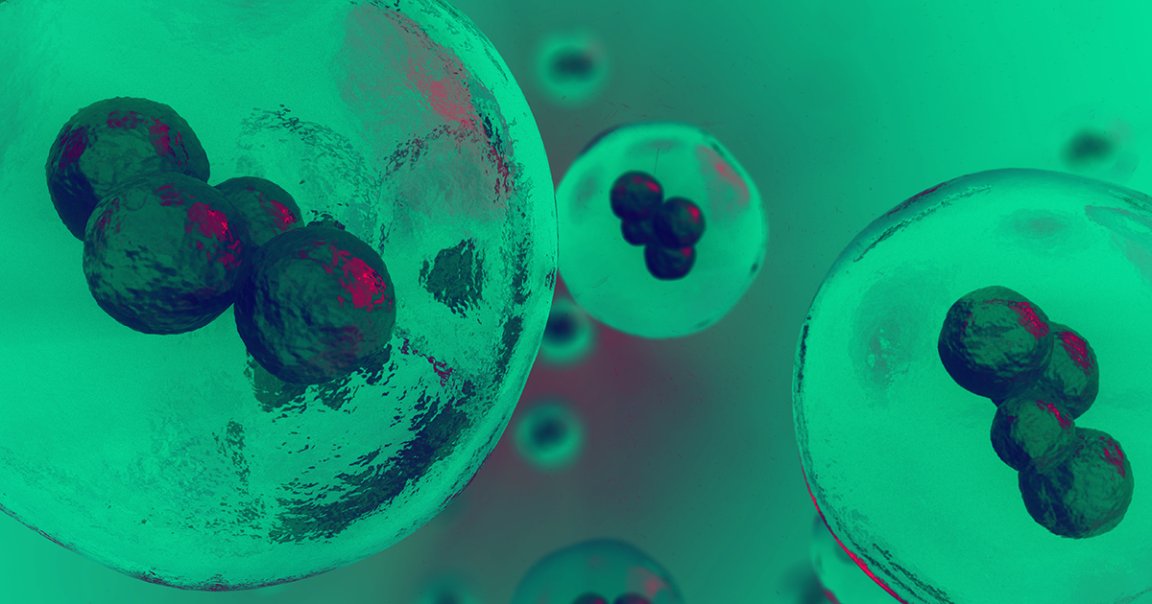
Brain Hack
Controversial new research suggests there may be a way to prevent Angelman syndrome, a genetic developmental disorder that can cause seizures, difficulty communicating, and is linked with Autism Spectrum Disorder.
The catch is that in order to get the experimental treatment to work in mice, scientists had to inject CRISPR gene editing enzymes directly into a developing fetus’ brain, according to Spectrum. Gene-hacking fetuses is uncharted ethical territory — where potentially-beneficial, experimental treatments must be balanced with concerns about patient well-being.
In Mice
The treatment, which was presented at a research conference in February but hasn’t yet been published in an academic journal, focuses on a specific gene called UBE3A, which helps cells break down and recycle proteins.
When the gene mutates in a developing brain, it causes Angelman syndrome. But research suggests that the condition can be avoided if the genes are switched on before birth, according to Spectrum. In an experiment on 10 fetal mice, scientists used CRISPR to reactivate the gene, finding that the edits worked on about half of the neurons in each mouse’s brain by the time they were five months old. It had a similar effect on cultured human neurons.
“The earlier you put the genes back and try to fix the problem, the better the therapeutic benefit will be,” Mark Zylka, a University of North Carolina at Chapel Hill neuroscientist who led the research, told Spectrum. “There’s a lot of interest in trying to break down this barrier to being able to treat prenatally.”
Measure Twice
Zylka told Spectrum that he may be able to attempt the experiment on humans within four years, but other scientists are less excited about the prospect, which invokes the image of the babies that were gene-hacked by Chinese scientist He Jiankui.
“Doing any gene manipulation in the fetal brain is kind of a dangerous thing to do, so that does concern me,” Fred Hutchison Cancer Research Center oncologist Antonio Bedalov told Spectrum.
READ MORE: Injecting CRISPR into fetal brain may correct autism mutations [Spectrum]
More on autism: Massive Study Confirms That Vaccines Don’t Cause Autism